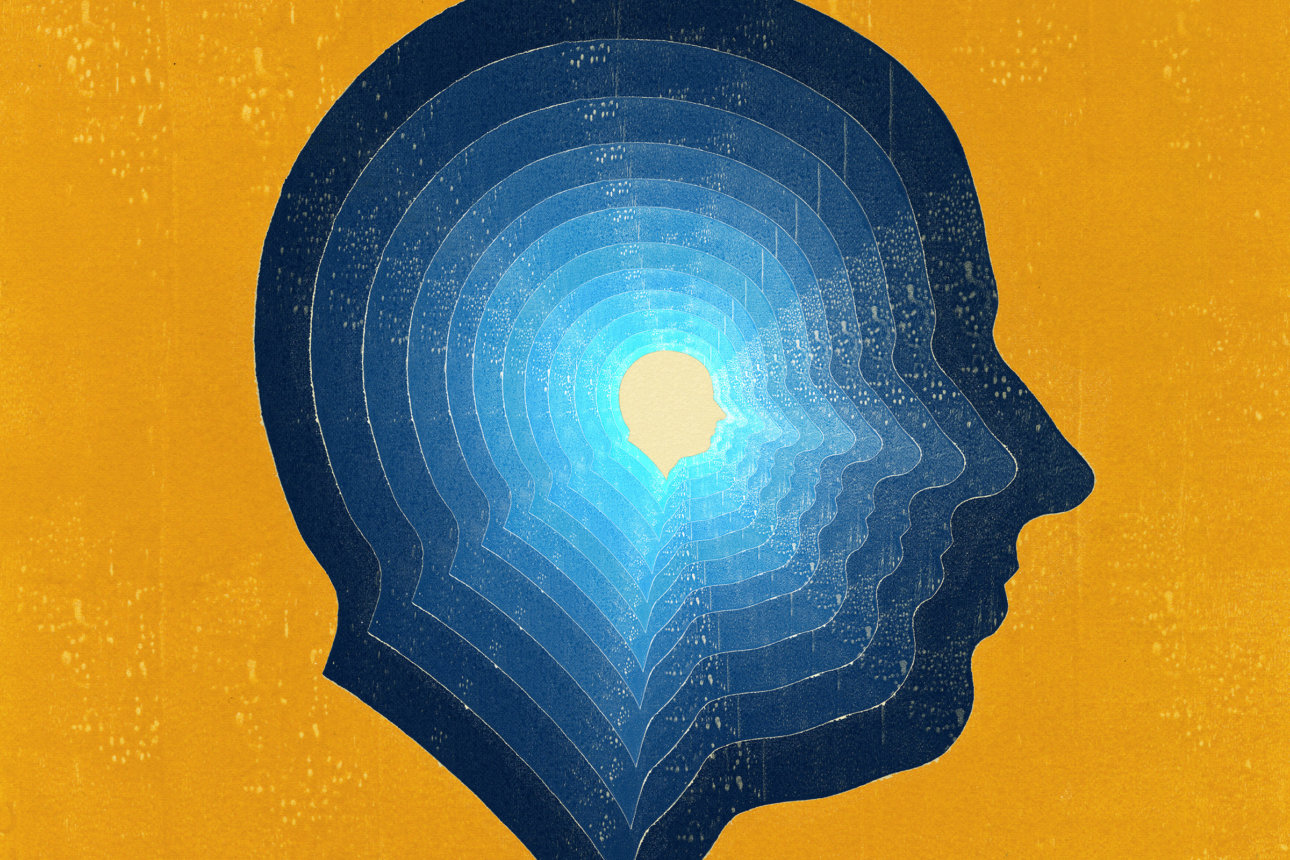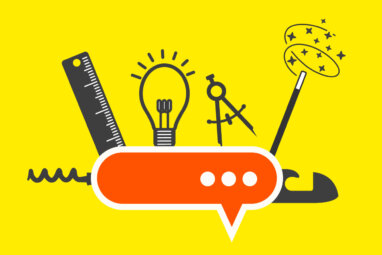AI Can Help Us Live More Deliberately
We need a little friction in our lives to trigger reflection, self-awareness, and responsible behavior.
Topics

Image courtesy of Dan Bejar/theispot.com
As I search online for a present for my mother, considering the throw pillows with sewn-in sayings, plush bathrobes, and other options, and eventually narrowing in on one choice over the others, who exactly has done the deciding? Me? Or the algorithm designed to provide me with the most “thoughtful” options based on a wealth of data I could never process myself? And if Mom ends up hating the embroidered floral weekender bag I end up “choosing,” is it my fault? It’s becoming increasingly difficult to tell, because letting AI think for us saves us the trouble of doing it ourselves and owning the consequences.
AI is an immensely powerful tool that can help us live and work better by summoning vast amounts of information. It spares us from having to undergo many mundane, time-consuming, nerve-wracking annoyances. The problem is that such annoyances also play a key adaptive function: They help us learn to adjust our conduct in relation to one another and the world around us. Engaging directly with a grocery bagger, for instance, forces us to confront his or her humanity, and the interaction (ideally) reminds us not to get testy just because the line isn’t moving as quickly as we’d like. Through the give and take of such encounters, we learn to temper our impulses by exercising compassion and self-control. Our interactions serve as a constantly evolving moral-checking mechanism.
Similarly, our interactions within the wider world of physical objects forces us to adapt to new environments. Walking, bicycling, or driving in a crowded city teaches us how to compensate for unforeseen obstacles such as varying road and weather conditions. On countless occasions every day, each of us seeks out an optimal compromise between shaping ourselves to fit the world and shaping the world to fit ourselves.1 This kind of adaptation has led us to become self-reflective, capable of ethical considerations and aspirations.
Our rapidly increasing reliance on AI takes such interactions out of our days. The frictionless communication AI tends to propagate may increase cognitive and emotional distance, thereby letting our adaptive resilience slacken and our ethical virtues atrophy from disuse.
References (31)
1. R. Wollheim, The Thread of Life (New Haven, CT: Yale University Press, 1984).
2. M.J. Sandel, “The Case Against Perfection: What’s Wrong With Designer Children, Bionic Athletes, and Genetic Engineering,” Atlantic Monthly, April 2004, 1-11; and S. Vallor, Technology and the Virtues: A Philosophical Guide to a Future Worth Wanting (Oxford, U.K.: Oxford University Press, 2016).




